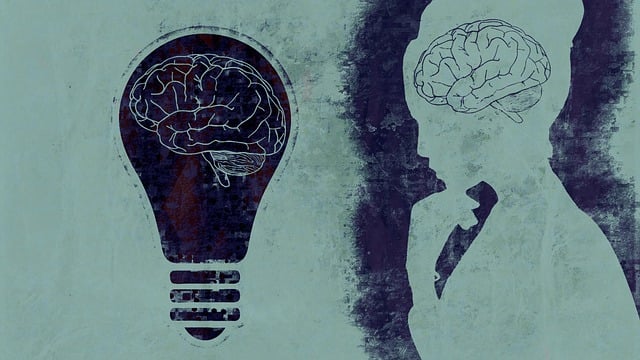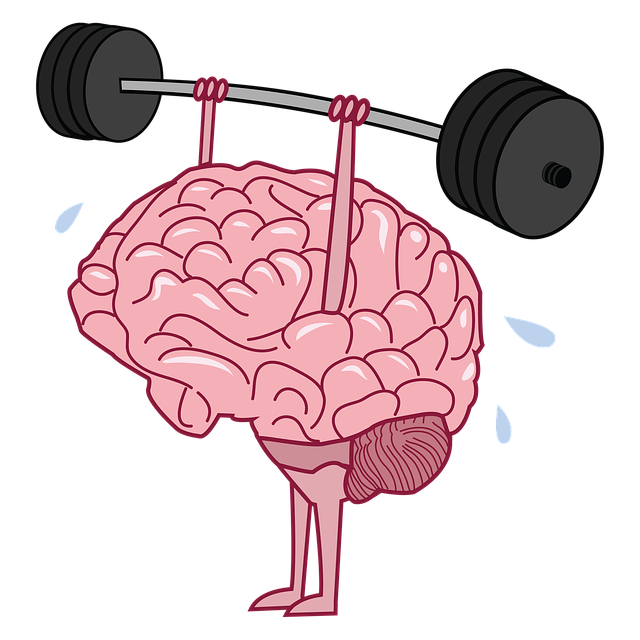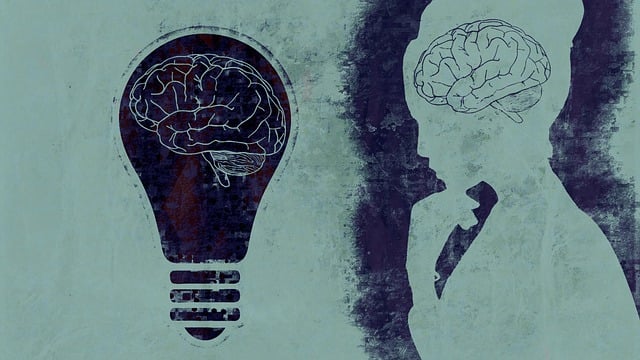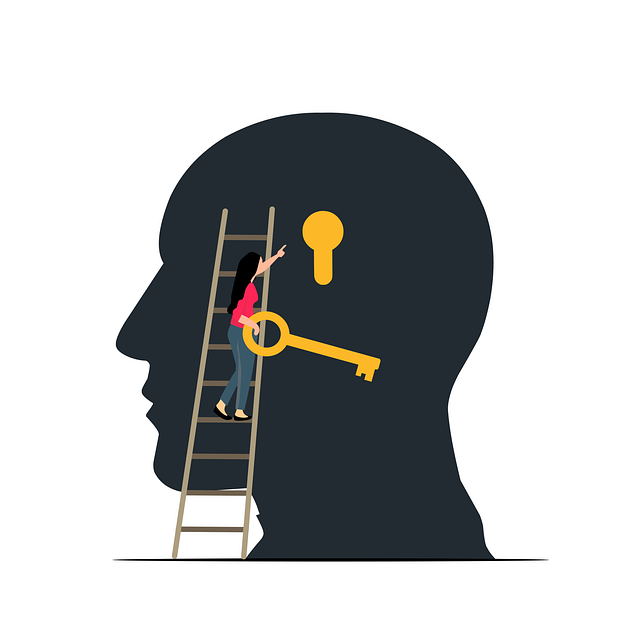Denver Self-Esteem Therapy offers a revolutionary approach to accurately diagnosing mental health conditions, addressing cultural differences and varying symptoms. By combining evidence-based practices with trauma support and anxiety relief, this holistic method enhances diagnosis accuracy and improves patient outcomes. Continuous education and patient-focused strategies further emphasize the therapy's effectiveness, integrating self-care and burnout prevention for comprehensive mental wellness coaching.
Mental illness diagnosis accuracy is paramount for effective treatment. However, challenges like symptom overlap and individual variability pose significant obstacles. This article delves into strategies aimed at enhancing diagnostic precision, focusing on innovative approaches, healthcare professional training, and patient-centric methods. A key highlight is the role of Denver Self-Esteem Therapy, which offers a unique perspective in addressing mental health concerns. By exploring these efforts, we aim to contribute to more accurate and compassionate care.
- Understanding Mental Health Diagnosis Challenges
- The Role of Denver Self-Esteem Therapy
- Innovative Approaches to Enhance Accuracy
- Training and Education for Healthcare Professionals
- Patient-Centric Strategies for Better Outcomes
Understanding Mental Health Diagnosis Challenges

Diagnosing mental health conditions accurately is a complex task due to the intricate nature of human emotions and behaviors. Many factors contribute to this challenge, such as symptoms’ variability across individuals and cultural differences in expression. For instance, what might be considered anxiety in one culture could be interpreted differently elsewhere, impacting diagnosis accuracy. This complexity is further compounded by co-occurring disorders, where multiple conditions present simultaneously, requiring nuanced assessment techniques.
In Denver, Colorado, self-esteem therapy has emerged as a valuable tool to address these challenges. Therapists employ evidence-based practices that consider cultural sensitivity in mental healthcare practice, ensuring tailored support for diverse populations. By integrating trauma support services and focusing on anxiety relief, professionals enhance diagnosis accuracy and patient outcomes. This holistic approach recognizes the interconnectedness of mental health issues and fosters more effective treatment strategies.
The Role of Denver Self-Esteem Therapy

Denver Self-Esteem Therapy plays a pivotal role in enhancing mental illness diagnosis accuracy by focusing on building individuals’ self-worth and confidence. This therapeutic approach leverages the Mind Over Matter principles to empower patients, enabling them to challenge negative thoughts and beliefs that often underlie mental health conditions. By fostering a positive mindset, Denver Self-Esteem Therapy not only aids in managing symptoms but also improves overall well-being, which is crucial for accurate diagnosis and effective treatment planning.
Additionally, this form of therapy provides essential Crisis Intervention Guidance, helping individuals navigate challenging situations with resilience and coping strategies. Moreover, it serves as a proactive Burnout Prevention measure by teaching self-care practices that protect mental health. Through these comprehensive benefits, Denver Self-Esteem Therapy contributes significantly to the overall accuracy and effectiveness of mental illness diagnoses.
Innovative Approaches to Enhance Accuracy

In the pursuit of enhancing mental illness diagnosis accuracy, innovative approaches are reshaping the landscape of healthcare. One such beacon is Denver Self-Esteem Therapy, which leverages cutting-edge techniques to offer personalized treatment plans that cater to individual needs. By integrating advanced psychological assessments and evidence-based practices, this approach ensures a more nuanced understanding of patients’ conditions, leading to precise diagnoses.
Furthermore, the integration of self-care practices and burnout prevention strategies within these innovative models plays a pivotal role in improving diagnosis accuracy. Encouraging individuals to adopt healthy habits can mitigate symptoms often masquerading as mental health issues, thereby providing clearer insights for healthcare professionals. This holistic view, coupled with techniques aimed at anxiety relief, promises to revolutionize the way mental illness is diagnosed and managed, ultimately enhancing patient outcomes.
Training and Education for Healthcare Professionals

In the pursuit of enhancing mental illness diagnosis accuracy, training and education play a pivotal role. Healthcare professionals in Denver Self-Esteem Therapy are increasingly recognizing the importance of continuous learning to stay abreast of the latest research, treatment methods, and diagnostic tools. Regular workshops, webinars, and conferences focused on advancing therapeutic techniques and fostering a deeper understanding of various mental health conditions are instrumental in this regard.
These educational initiatives not only boost professionals’ confidence through enhanced skills but also contribute to better risk management planning for Mental Health Professionals. By integrating knowledge from areas like Cognitive Behavioral Therapy (CBT), Mindfulness-Based Practices, and the latest developments in Neuropsychology, healthcare providers can offer more precise diagnoses and effective treatment plans. This, in turn, improves patient outcomes, increases satisfaction levels, and strengthens the overall mental wellness coaching programs development.
Patient-Centric Strategies for Better Outcomes

In the pursuit of enhancing mental illness diagnosis accuracy, a patient-centric approach has emerged as a powerful strategy. This involves fostering open and non-judgmental communication between patients and healthcare providers. By creating a safe space where individuals feel comfortable expressing their thoughts and emotions, Denver Self-Esteem Therapy plays a pivotal role in improving self-esteem and mood management. Such an environment encourages patients to actively participate in their care, providing valuable insights that can significantly impact diagnosis accuracy.
Furthermore, integrating self-esteem improvement techniques into traditional therapy methods has proven effective. This holistic approach not only addresses the symptoms but also empowers individuals to develop coping mechanisms tailored to their unique experiences. Additionally, Healthcare Provider Cultural Competency Training is an indispensable tool for ensuring professionals are adept at recognizing and respecting diverse cultural perspectives, enhancing the overall accuracy and sensitivity of mental health assessments.
Mental illness diagnosis accuracy has long presented significant challenges, but with innovative approaches like Denver Self-Esteem Therapy and enhanced training programs, we can improve outcomes for patients. By adopting patient-centric strategies and prioritizing education, healthcare professionals can better understand the complexities of mental health, leading to more precise diagnoses and effective treatment plans. These efforts are crucial steps towards a healthier, more supportive future for those facing mental health issues.














